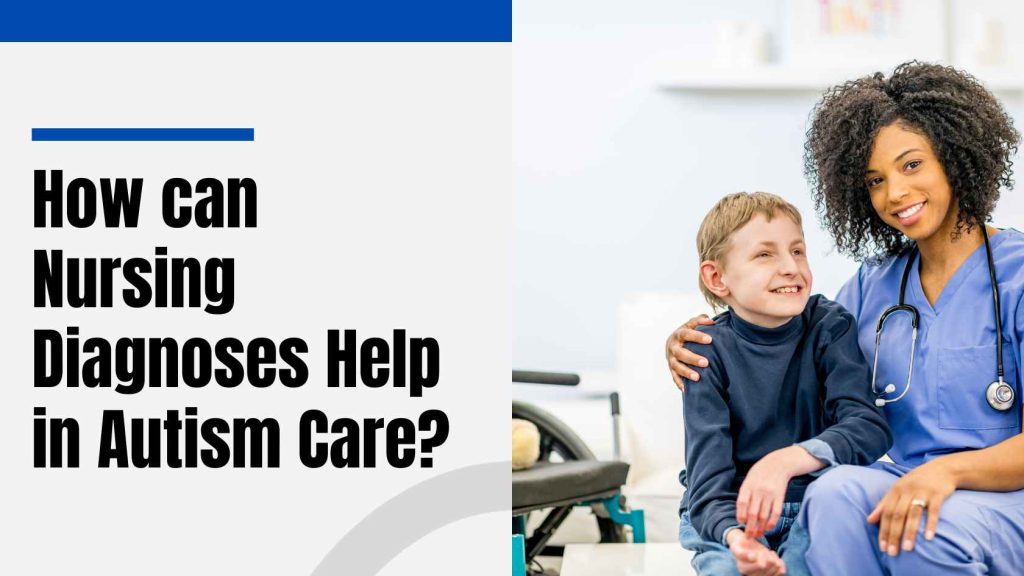- Oak Brook:(630) 705-9999
- Chicago:(312) 920-8822
- Email:inquiry@vervecollege.edu
- Make a Payment
- Home
- Programs
- Admission
- Resources
- ATI Entrance Exam Resources
- New E-Digital Library
- Refer a Friend
- School Newsletter
- Events
- Employers
- Job-Network
- Alpha Beta Kappa Candidates
- Verve College Library
- Graduation and Pinning Ceremony Photo Galleries
- Textbook Information
- Career Services
- Tutoring
- School Catalog
- FAQ
- Constitution Day Program
- Alumni
- Verve College Plans
- Financial Aid
- HEERF Reporting
- Satisfactory Academic Progress
- Apply For Financial Aid
- Net Price Calculator
- Return of Title IV Funds (R2T4)
- Financial Aid Office Code of Conduct
- Contact
- FAQs
- Verification Policy
- Vaccination Policy
- Student Right-to-Know Act
- Misrepresentation
- Information Security Program
- Academic Award Year
- Availability of Employee
- Cost of Attendance
- Health & Safety Exemption Requirement
- Students Rights and Responsibilities
- Leave of Absence
- Pell Formula
- Military Students
- Grants/ Scholarship Policy
- Contact Us
- Login
- Testimonials
- Blog
Is a Nursing Career Right For You?
Take The Free Quiz
How can Nursing Diagnoses Help in Autism Care?
How can Nursing Diagnoses Help in Autism Care?
Autism spectrum disorder can also include limited and repetitive patterns of behavior. Autism spectrum disorder can affect people of all races, cultures, ethnicities, and economic backgrounds.
Autism can be either a minor issue or a disability requiring full-time attention in a particular healthcare facility. Autism is a condition that affects communication and can also cause people to have difficulty understanding other people’s feelings and thoughts. To understand in detail, you can also go with prerequisite courses of LPN schools near me
Autism spectrum disorder can cause a person to have difficulty expressing himself, whether through words, gestures, facial expressions, or touch. Autism may cause people to have problems learning, but they are often exceptionally good at math, art, music, and memory.
Autism: Symptoms and Signs
- Avoidance of eye contact.
- Does not respond by age nine months to a name.
- A baby does not express happiness, sadness, anger, or surprise by nine months.
- Use of only a few gestures or none at all by 12 months
- By 15 months, a child has not shown any interest in others.
- By 18 months, a child has yet to learn to point at something interesting.
- By age 24, a person does not seem to care when someone is upset or hurt.
Related:- New Health Care Forecast in Bull Valley, IL: 6 Key Takeaways
What Causes Autism in the Brain?
ASD is suspected to have several risk factors.
- A member of the immediate family who is autistic
- Genetic Mutation
- Genetic disorders and Fragile X Syndrome
- Born to older parents
- Low birth weight
- Metabolic imbalances
- Exposure to heavy metals and environmental toxins
- History of viral infection in the mother
Nursing Diagnosis for Autism
Nursing Care Plan for Autism 1
Risk for Self-Mutilation
Autism is secondary to trust, and mistrust can lead to self-mutilation.
Expected Outcomes
- The patient is free from self-inflicted injuries and accidents.
- The patient will be trained in impulse control and coping skills.
Nursing Care Plan for Autism 2
Chronic low self-esteem
Nursing diagnosis for autism: Chronic low self-esteem related to avoidant patterns and dependency and persistent absence of an integrated self-view secondary autism, as evidenced in the evaluation of the self as being unable to cope with the events.
Expected Outcomes
- The patient will demonstrate communication skills that will assist them in achieving future goals.
- With assistance, the patient will be able to reframe and dispute cognitive distortion.
Nursing Care Plan for Autism 3
Insufficient Social Interaction
Nursing diagnosis for autism: Impaired social interaction related to genetic factors and immature interests of the patient, as well as unacceptable social behavior, values, and behaviors of the patient secondary autism, as demonstrated by destructive behaviors toward self and others.
Expected Outcomes
- The patient will appear more secure and less suspicious.
- A patient will display decreased manipulation.
- The patient will change at least two unacceptable behaviors. However, you must check the licensed practical nursing programs so you can easily get to know about patient behaviors.
Nursing Care Plan for Autism 4
Ineffective Coping
Nursing diagnosis for autism: Ineffective Coping – related to failure to change behaviors, negative attitudes towards health behavior, and intense emotional states secondary to autism, as evidenced by extreme mistrust of others, inability to achieve an optimal sense of control, and manipulation of other people.
Expected Outcomes
- The patient will be able to identify skills that can facilitate functional behavior.
- The patient will learn coping skills to reduce anxiety and frustration.
- The patient will verbalize their feelings and perceptions but not act upon them.
Nursing Care Plan for Autism 5
Caregiver role strain
The family’s verbalization about their inability to provide patient care is evidence of this diagnosis. To learn how to care for patients effortlessly, simply enroll in night and weekend LPN programs. It is related to the patient’s extreme distrust and dependency of others.
Want to Make a Career in Nursing? Get More Information About Our Courses!
Expected Outcomes
- The caregiver will be able to identify the skills they need to provide daily patient care.
- The caregiver verbally expresses their willingness and ability to care for the patient.
 Sign up
Sign up Login
Login




